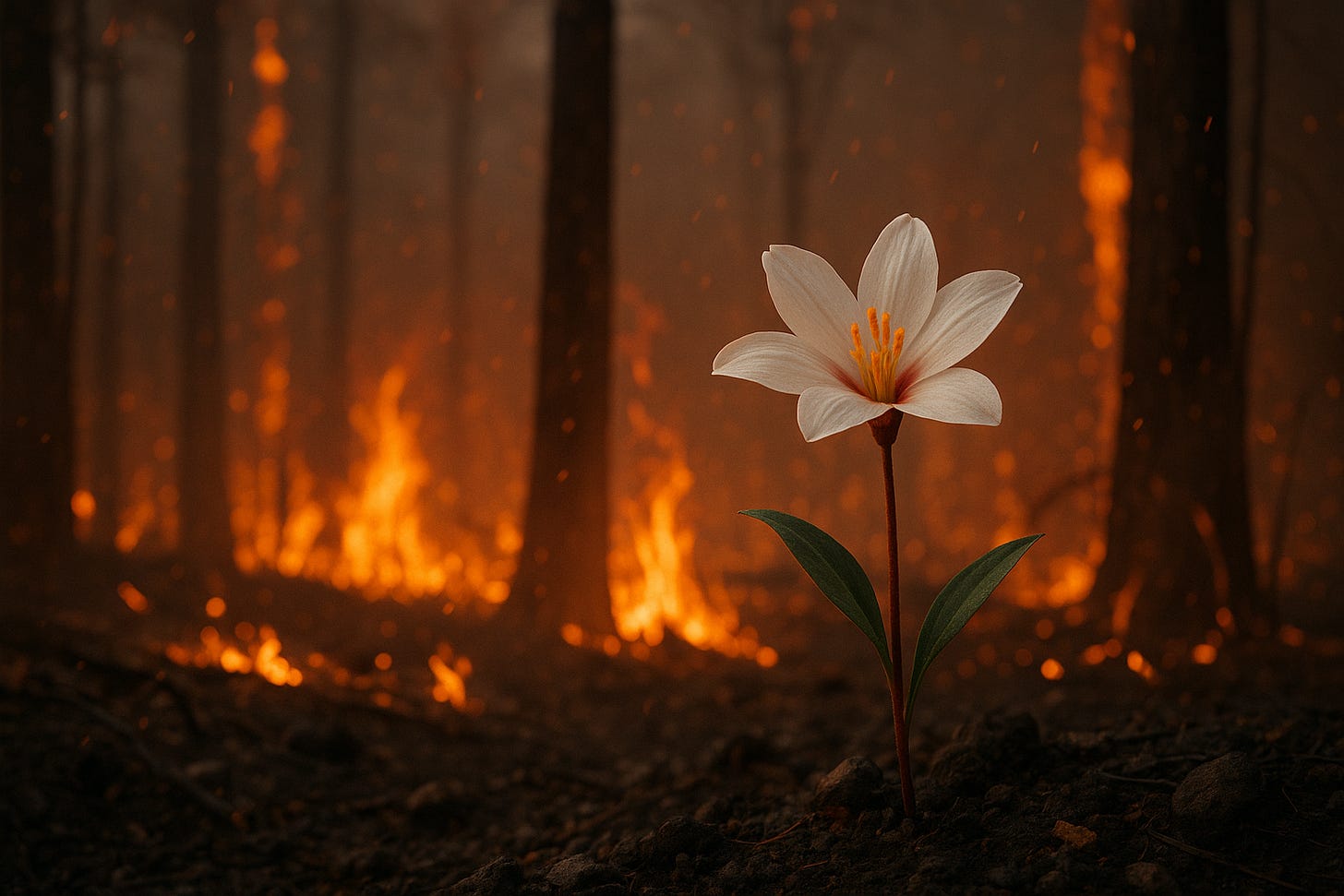Finding Calm in Complexity
In our fast-paced world of constant notifications, breaking news, and endless responsibilities, finding moments of calm can feel impossible. Yet throughout history, wisdom traditions have offered guidance on creating islands of tranquility amidst life's storms.
One such source of wisdom comes from an 8th-century Chinese poem by the Zen master Shitou call…
Keep reading with a 7-day free trial
Subscribe to The Art Of Living Well to keep reading this post and get 7 days of free access to the full post archives.



